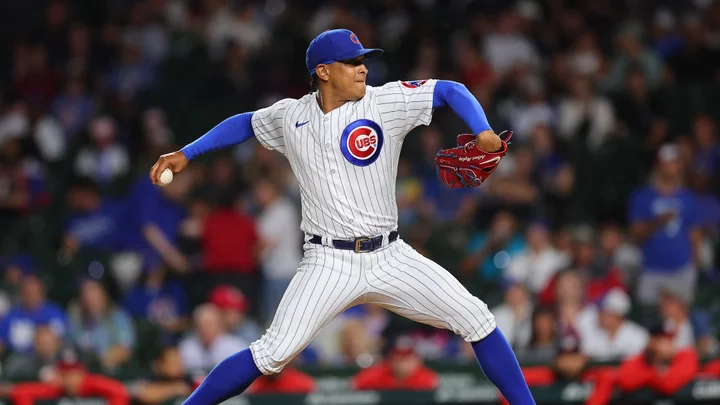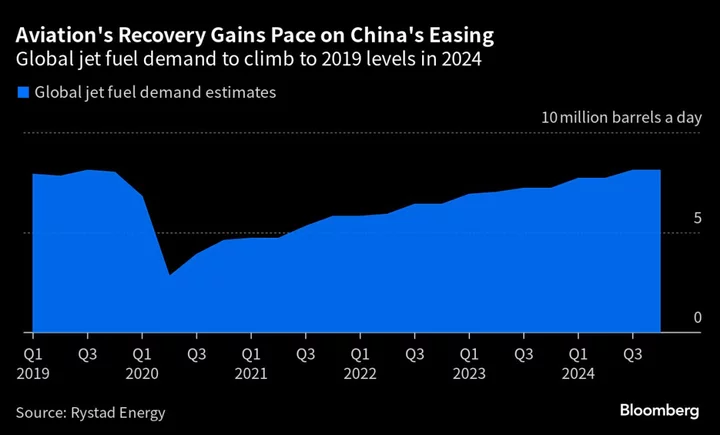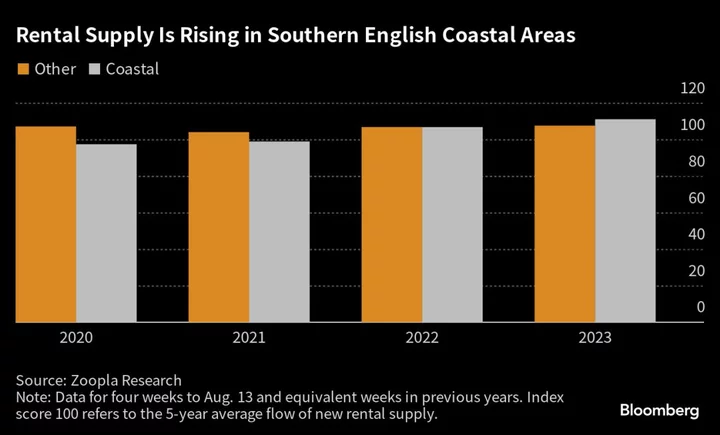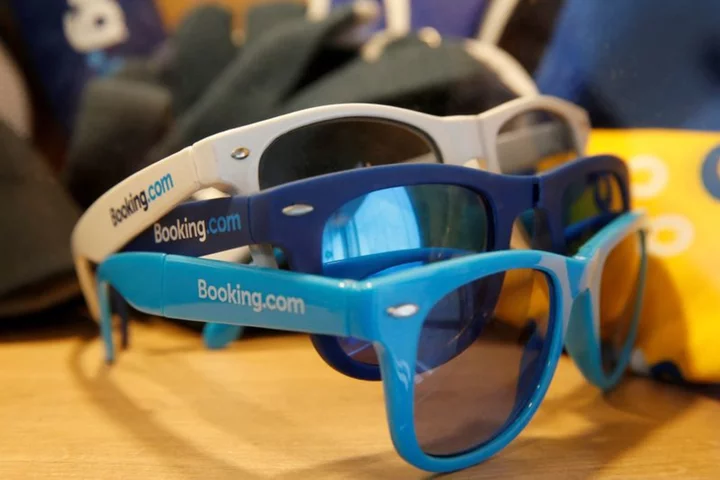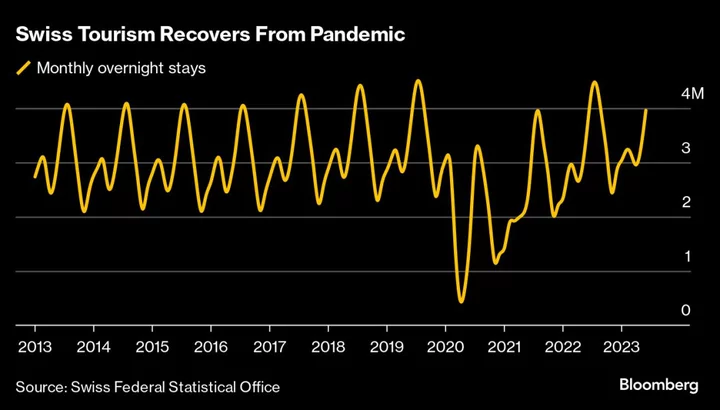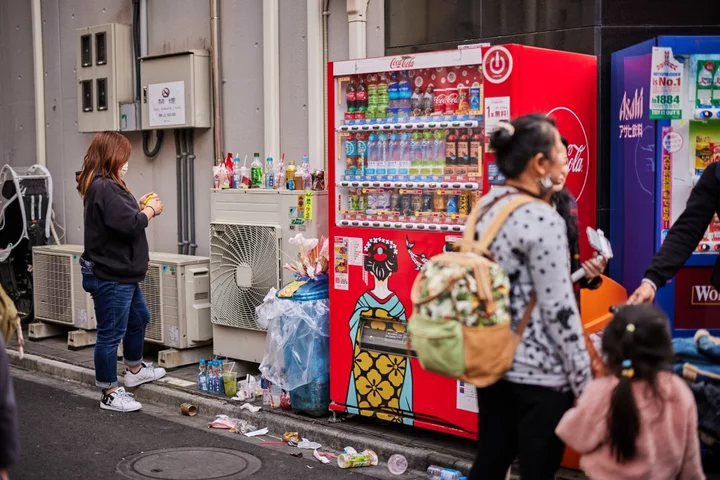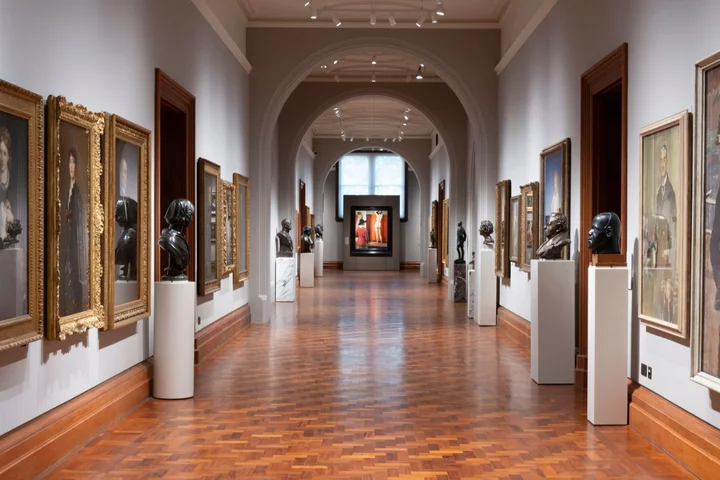Adbert Alzolay was just 17 when a scout for the Chicago Cubs came to a tryout near his small, mountainous city in Venezuela and offered him a life-changing contract.
The son of two teachers, Alzolay, now 28, has one of the highest-pressure positions on the team: the closing pitcher, or closer. Under the bright lights of 50,000-person stadiums, it's his job to strike out the last batters and cement the win.
The road between leaving Venezuela and pursuing a career in Major League Baseball (MLB) has been full of obstacles, though you wouldn't know it by his easygoing, open-hearted demeanor. Alzolay was unable to see his family for six years (2016-2022) due to the dire economic situation emerging at home.
During that time, he relied on video chats and phone calls to stay in touch with his support system through significant milestones: A string of devastating, near-career-ending injuries, as well as meeting and marrying his wife. The family attended the ceremony via livestream.
(Credit: Nuccio DiNuzzo / Contributor / Getty Images)In addition to helping him keep in touch with his family, technology has shaped Alzolay's journey on the field. "Everything is about technology in baseball right now," he says. Now in the offseason, he relies on his fitness watch and apps to monitor his workouts. At the practice facility in Arizona, where he is currently living, the Cubs' famous "Pitch Lab" has millions of dollars of camera equipment to analyze his every move.
Here's a behind-the-scenes look at the tech Alzolay relies on to perform at the highest levels, plus the one thing he wishes he could change about one of his favorite gadgets.
PCMag: Over those six years of not seeing your family members in person, how did you keep in touch with them remotely?
Alzolay: In the very beginning, we all had a BlackBerry. So we'd use the pin messages to stay connected, and also the video calls from Hotmail. Then after that, we would do Skype. I'm still the only one in my family with an iPhone. My whole family uses Samsung. So we'll just do a call with WhatsApp. That's the biggest messaging app in Venezuela. I'm on the phone with them all the time. If my mom's cooking, I'm calling her. If I'm cooking, she's calling me.
BlackBerry and Hotmail! What a blast from the past.
Oh yeah, I was a big BlackBerry fan. I had five or six. The first one, when I was in high school, had this really cool sensor in the middle, and then there was one that had a little ball that was like a mouse and so then that was the coolest thing in town. So I had to get that one, too. Then they made the one you had to slide up to open, and it had a whole keyboard. That was crazy at that time.
After you finally saw your family last year, what aspects of the relationship did you realize you were not able to replicate using technology?
The physical appearance of people. When the crisis really hit in Venezuela, people were only making $2-3 a month. So, people weren't eating that much. Or, sometimes they had money, but there was no food to buy. I have family members who lost so much weight that when I saw them they weren't recognizable. In the camera, you only see their faces.
I'm so sorry you had to go through that.
Every Venezuelan did. Those years were crazy. That was terrible. People are still recovering.
What caused the crisis?
It was mostly the political situation in Venezuela. The year I signed was the year President Chávez died [in 2013]. Then Nicolás Maduro was in charge, and everything started going bad. The crime rate went up, people were losing their jobs, and prices went through the roof.
That's terrible, and it sounds like it could happen to anyone living under a bad government.
Absolutely. I went back for the first few years, but after that [from 2016-2022] anything could happen because people needed money. There were some kidnappings in 2017, the year I was put on the Big League roster. Then, in 2018 I was the number one prospect of the Chicago Cubs. I started being on the news everywhere back home. My dad was like, 'Everyone is asking for you, and that really worries me.' Then COVID-19 hit and it got worse.
Switching gears a little bit, how have you used technology as you've risen in the ranks of the MLB?
Everything is about technology in baseball right now. Back in the day, it was more about what you could see with the human eye. That's how you'd say, 'Oh, that guy has a good curveball.' But now we have tech for that.
I know there are a lot of stats and probabilities in baseball now, too, but I'm curious what tech you use as a player.
Here in Arizona, we have a whole Pitch Lab with more than a million dollars invested in cameras. It has these big TVs, like eight of them, that show all the angles of your body pitch-by-pitch. It's called KinaTrax.
With the cameras, they slow it down so much that you can see the way your fingers are moving on the ball and you can see, 'When you throw your best pitch, this is exactly what your whole motion looks like.' You can see data on the breaking ball speed rate, the difference between a curveball and a slider, everything. It really helps to accelerate the [training] process.
(Credit: David Berding / Contributor / Getty Images)How has the Pitch Lab helped improve your pitches?
I went from being a guy who was throwing four-seam fastballs and curveballs to a guy who throws four-seam fastballs, sliders, sinkers, and cutters. With the tech, they found what pitches were the best for me because of my arm angle, the way my body moves, and everything. They were like, 'Ok, these are your weapons, this is what works for you.' Now I have more weapons, and I know what really works.
Do you start to imagine those screens in your head when you're on the field and try to recreate the motions?
Not as much on the field, but when I'm home I can see it on my phone. If I'm laying down, I'm looking at it and processing it so I can translate that motion from my mind to my body.
What other tech do you use?
I always have on my Whoop watch. It tracks your sleep, your activities throughout the day, how many calories you burn in a day, how your workout was, your heart rate, your blood oxygen level, skin temperature—everything. For example, last night my sleep performance was 80%. My recovery was 69%, which is still in the green where I want to be.
Do you fully trust the numbers or is it more of a guideline?
It's so accurate. I have tested it. If you go out and drink five beers, and get back at two to three o'clock in the morning, even if you sleep until noon the numbers aren't the same as the day you did the right thing. No matter if you sleep 20 hours, you were drinking so it's going to show that effect on you. And in Florida, which [has weather like] Venezuela, my numbers are better than in Chicago or Arizona because that's what it's like where I grew up. That's how my body works best.
But how does it know what the metrics should be for a professional athlete? Wouldn't the ranges be different or more extreme than an average person?
It works for all kinds of people. I gave my wife one, and her numbers are really different than mine
What other workout tech are you using?
Right now I'm in love with this machine called Exxentric. It connects to an app in your phone, and every exercise you're doing you can see the numbers on your phone. It has this thing called the kMeter that tells you the data you need to know about your power and consistency. Consistency is everything.
Sounds like you're using a lot of different fitness tech and trackers to improve your game.
You have to. That's the way the game is played right now. But during the season I don't like to use any of these. It gets in your mind. If the app tells me I'm tired, I think I'm tired. But as a professional, if you go to the game to see me you're expecting me to be the best there is, so I can't be thinking that I feel tired. But during the offseason, I think they're the best tools. I love it.
Final question: If you could get one tech company to change one product that you own, what would it be?
As a gamer, there is one thing that can be changed about my traveling game system. It's called Poga. It's the best invention ever. It's like a suitcase, and when you open it, you have a monitor to play video games and a controller and all you need to do is plug it in. But the thing I would change is the wheels. I hate the wheels. I feel like if they put four instead of two, it would be way more stable. This thing is flipping over all the time. Thank god it's metal!
What games are you playing these days?
I'm playing FIFA 24 a lot right now. I have my own character on it and I love it. I'm also into Mario Kart. One of my teammates, Marcus Stroman, got a Nintendo Switch for all the players and said we needed to do a Mario Kart tournament as a way to bond as a team. So when we're traveling on the plane, or on the bus, we'll play against each other—all 20 of us, it's pretty cool. But I was really bad, so that's why I need to practice and get good at it.
This has been so much fun, thank you. Any last thoughts about technology in society more broadly?
Technology is all we use right now in the world, I believe. But it's a good and a bad thing. I just hate the little screens. We spend so much on a little thing like a phone or a video game. That affects you.

